

4-Chlorobutyryl chloride (CAS NO : 4635-59-0)
4-Chlorobutyryl Chloride is an active acid chloride intermediate predominantly utilized in the pharmaceutical, agrochemical, and polymer sectors. It is structurally obtained from γ-chlorobutyric acid and serves as an essential building block for the synthesis of acylated compounds, particularly in the production of active pharmaceutical ingredients (APIs), fine chemicals, and specialty resins. Due to its combination of halogen and acyl functional groups, the compound demonstrates significant reactivity, making it useful in acylation processes, esterifications, and the development of chlorinated scaffolds.


Documents
4-Chlorobutyryl Chloride is an active acid chloride intermediate predominantly utilized in the pharmaceutical, agrochemical, and polymer sectors. It is structurally obtained from γ-chlorobutyric acid and serves as an essential building block for the synthesis of acylated compounds, particularly in the production of active pharmaceutical ingredients (APIs), fine chemicals, and specialty resins. Due to its combination of halogen and acyl functional groups, the compound demonstrates significant reactivity, making it useful in acylation processes, esterifications, and the development of chlorinated scaffolds.

.3d8f8f41.svg)
Industries
Pharmaceutical
.3556d45a.svg)

Category
Pharmaceutical Actives & Precursors


Sub-category
Intermediates & Precursors
Get a Quote
Details included in quote
Minimum Order Quantity
Lead Time
Regional Availability
Incoterms
.7767eb0f.png)

Chemical Properties & Specifications
Applications of 4-Chlorobutyryl chloride
Industrial Use Cases
o Pharmaceuticals: Synthesis of intermediates for active pharmaceutical compounds o Agrochemicals: Precursor for herbicide and pesticide synthesis o Polymers: Used in chain-extension and acylation of specialty monomers o Fine Chemicals: For acyl chloride introduction in complex molecules
Application Benefits
o Efficient chlorinated acylating agent o Enables multi-functional synthesis pathways o Preferred where dual halogen functions are needed
Additional feature
o Moisture-sensitive; requires nitrogen-blanketed filling o Highly reactive with alcohols and amines o Stored and handled under dry inert conditions o Used in fluorination, amidation, and esterification pathways
Pharmaceutical End use
o Synthesis of chlorinated heterocycles, amide derivatives, & small-molecule drug scaffolds, particularly in oncology, anti-inflammatory, and CNS-targeted compounds. o Compatibility with amines, alcohols, and thiols makes it widely used in early-stage discovery as well as cGMP-scale synthesis workflows.
Have Questions About 4-Chlorobutyryl chloride?
We've Got Answers.
Our Top Specialty Chemical Products in USA
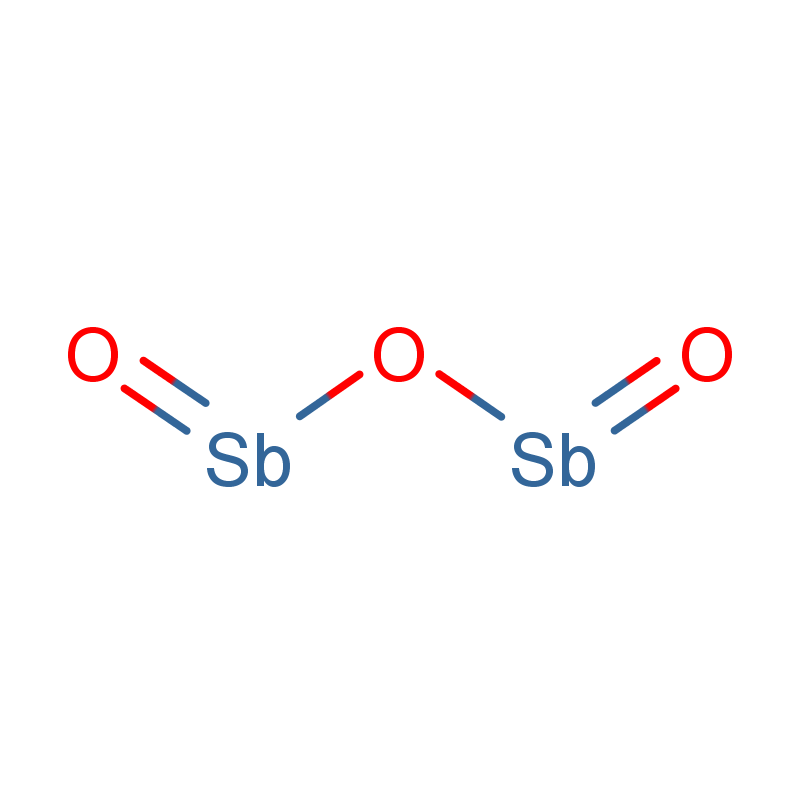
Antimony Trioxide
CAS No. : 1309-64-4
Category : Synergists & Smoke Suppressants
Sub-Category : Antimony-based synergists
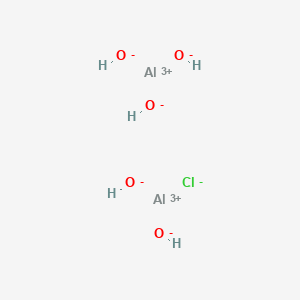
Aluminum Chlorohydrate (ACH) 50% solution
CAS No. : 1327-41-9
Category : Inorganic Chemicals
Sub-Category : Metal-Based Coagulants
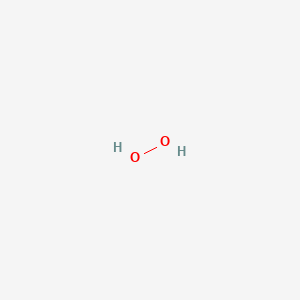
Hydrogen Peroxide 50%
CAS No. : 7722-84-1
Category : Inorganic Chemicals
Sub-Category : Peroxides & Oxidizing Agents
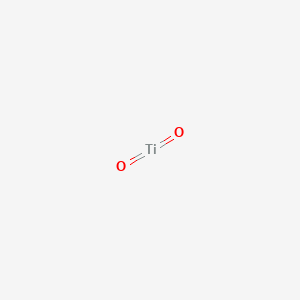
Titanium Dioxide R-2195
CAS No. : 13463-67-7
Category : Pigments & Colorants
Sub-Category : Inorganic Pigments
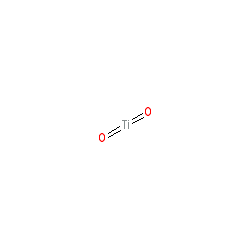
Titanium Dioxide ATR-312
CAS No. : 13463-67-7
Category : Pigments & Colorants
Sub-Category : Inorganic Pigments
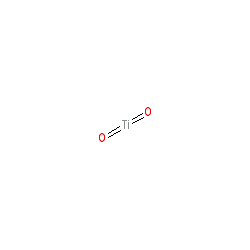
Titanium Dioxide Rutile R6618(T)
CAS No. : 13463-67-7
Category : Pigments & Colorants
Sub-Category : Inorganic Pigments